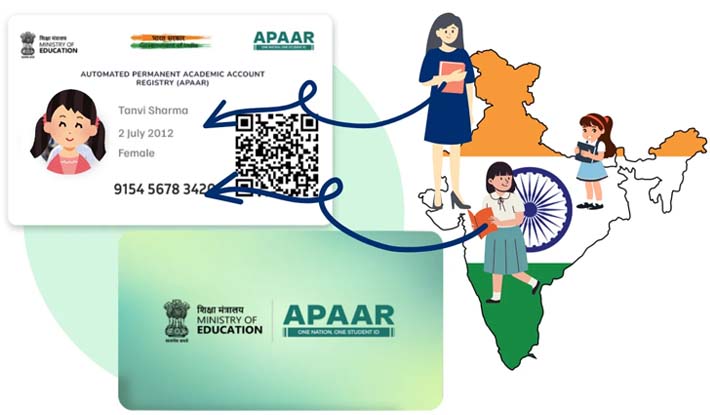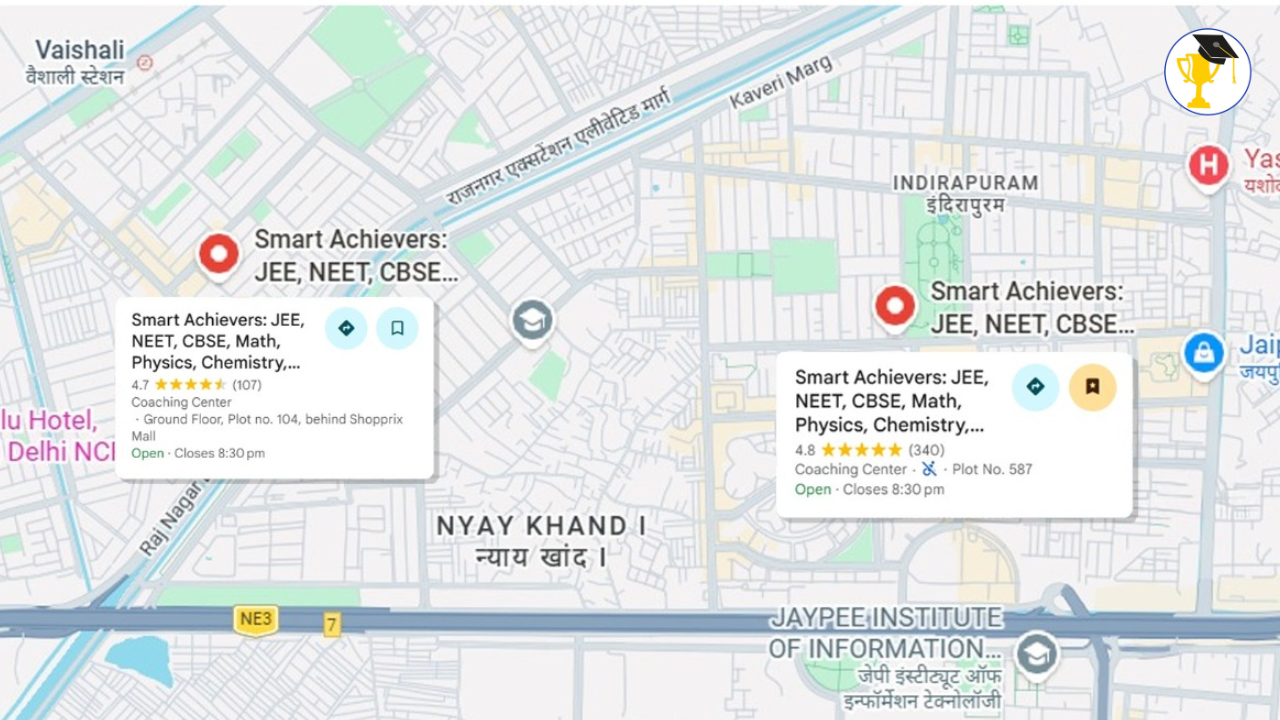CBSE Board Exams 2025: APAAR ID Now Compulsory for Registration
APAAR ID Now Mandatory for CBSE Board Exam Registration – Everything Students & Parents Need to Know
The Central Board of Secondary Education (CBSE) has announced a significant update: starting with the 2026 board exams, it will be mandatory for students to submit their APAAR ID during board exam registration. This decision was finalized during the CBSE Governing Body meeting in June 2025 and is part of the government’s vision under the National Education Policy (NEP) 2020.
This move aims to bring more transparency, standardization, and accuracy in student data management across the country. Here’s what parents and students should know about the APAAR ID.
What is an APAAR ID?
APAAR stands for Automated Permanent Academic Account Registry. It is a unique lifelong identification number given to every student in India.
The APAAR ID will remain the same throughout a student’s academic journey – from pre-primary school to higher education.
Report cards, exam results, and certificates will be linked to it and can be accessed anytime via DigiLocker.
It acts as a digital record of academic history, reducing paperwork and ensuring authenticity.
Why Has CBSE Made APAAR ID Mandatory?
Until now, schools would submit details of students in Class 9 and Class 11 before their Class 10 and 12 board exams. However, there was no standardized system to verify these records across different databases.
The CBSE Governing Body noted that this often led to inconsistencies, duplication, and verification issues. By linking the APAAR ID:
-
Student data will be accurate and verifiable.
-
It will eliminate fake certificates and improve trust in academic records.
-
It will help in streamlining data management across schools, universities, and recruitment agencies.
How to Apply for an APAAR ID
Students and parents will need to provide the following details to generate an APAAR ID:
Schools are already collecting consent forms and helping parents with the registration process. Once registered, the ID will be linked to the student’s educational profile.
When Will It Be Implemented?
Concerns Raised by Parents
Some parents have expressed concerns about data privacy and misuse of sensitive information. The government has clarified that:
-
The data will only be used for educational purposes.
-
Only authorized bodies like UDISE+, scholarships, schools, and recruitment agencies will have access.
-
The system will enhance security and transparency in student records.
Benefits of APAAR ID for Students
-
One permanent academic ID throughout life.
-
Easy access to report cards, certificates, and achievements on DigiLocker.
-
Helpful for college admissions, scholarships, and recruitment.
-
Reduces risk of fake or duplicate certificates.
Final Thoughts
The introduction of the APAAR ID is a major step in building a Digital Public Infrastructure for Education in India. While there may be initial challenges in implementation, it promises to make student records secure, transparent, and universally accessible.
At our school, we encourage all parents to complete the APAAR registration process at the earliest to avoid any delays in future board exam registrations. Together, we can ensure a smoother transition into this new system.
Tip for Parents: Keep your child’s Aadhaar details ready and stay updated with school notifications regarding APAAR registration.
Frequently Asked Questions (FAQs) About APAAR ID
1. What exactly is an APAAR ID?
APAAR stands for Automated Permanent Academic Account Registry. It is a unique, permanent identification number that stays with a student from pre-primary to higher education, storing their entire academic record digitally.
2. Is APAAR ID mandatory for CBSE students?
Yes. Starting from the 2026 board exams, CBSE has made it mandatory for students to submit their APAAR ID while registering for Class 10 and Class 12 board exams.
3. How can I get an APAAR ID for my child?
Parents need to provide details such as the student’s name, date of birth, photograph, Aadhaar number, and gender. Schools will assist in the registration process, and consent forms are being shared with parents.
4. Where will the academic records linked to APAAR ID be stored?
All report cards, certificates, and academic achievements will be securely stored in DigiLocker, making it easy for students to access their records anytime.
5. Will my child’s personal information be safe?
Yes. The government has assured that the information will only be used for educational purposes and shared only with authorized bodies such as UDISE+, scholarship boards, universities, and recruitment agencies.
6. What if a student changes schools or cities?
The APAAR ID will remain the same, no matter how many schools or cities the student moves to. All new records will continue to be linked to the same ID.
7. What are the benefits of having an APAAR ID?
-
Easy access to report cards and certificates.
-
Prevents fake/duplicate certificates.
-
Simplifies college admissions and scholarships.
-
Acts as a single digital academic identity for a student’s entire education journey.
 STUDY MATERIALS
STUDY MATERIALS
 COURSES
COURSES
 MORE
MORE






















